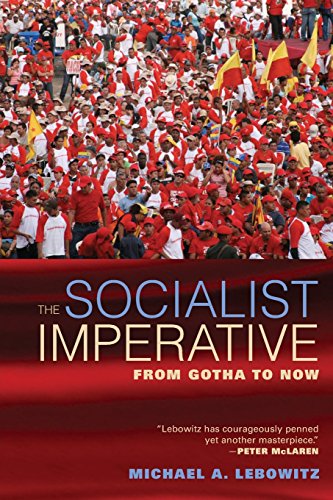

Most ebook files are in PDF format, so you can easily read them using various software such as Foxit Reader or directly on the Google Chrome browser.
Some ebook files are released by publishers in other formats such as .awz, .mobi, .epub, .fb2, etc. You may need to install specific software to read these formats on mobile/PC, such as Calibre.
Please read the tutorial at this link: https://ebookbell.com/faq
We offer FREE conversion to the popular formats you request; however, this may take some time. Therefore, right after payment, please email us, and we will try to provide the service as quickly as possible.
For some exceptional file formats or broken links (if any), please refrain from opening any disputes. Instead, email us first, and we will try to assist within a maximum of 6 hours.
EbookBell Team

5.0
58 reviewsIn a little more than a decade, economist Michael A. Lebowitz has written several major works about the transition from socialism to capitalism: Beyond Capital(winner of the Deutscher Prize), Build It Now, The Socialist Alternative, and The Contradictions of “Real Socialism.” Here, he develops and deepens the analysis contained in those pathbreaking works by tracing major issues in socialist thought from the nineteenth century through the twenty-first.
Lebowitz explores the obvious but almost universally ignored fact that as human beings work together to produce society’s goods and services, we also “produce” something else: namely, ourselves. Human beings are shaped by circumstances, and any vision of socialism that ignores this fact is bound to fail, or, at best, reproduce the alienation of labor that is endemic to capitalism. But how can people transform their circumstances in a way that allows them to re-organize production and, at the same time, fulfill their human potential? Lebowitz sets out to answer this question first by examining Marx’s Critique of the Gotha Programme, and from there investigates the experiences of the Soviet Union and more recent efforts to build socialism in Venezuela. He argues that socialism in the twenty-first century must be animated by a central vision, in three parts: social ownership of the means of production, social production organized by workers, and the satisfaction of communal needs and communal purposes. These essays repay careful reading and reflection, and prove Lebowitz to be one of the foremost Marxist thinkers of this era.